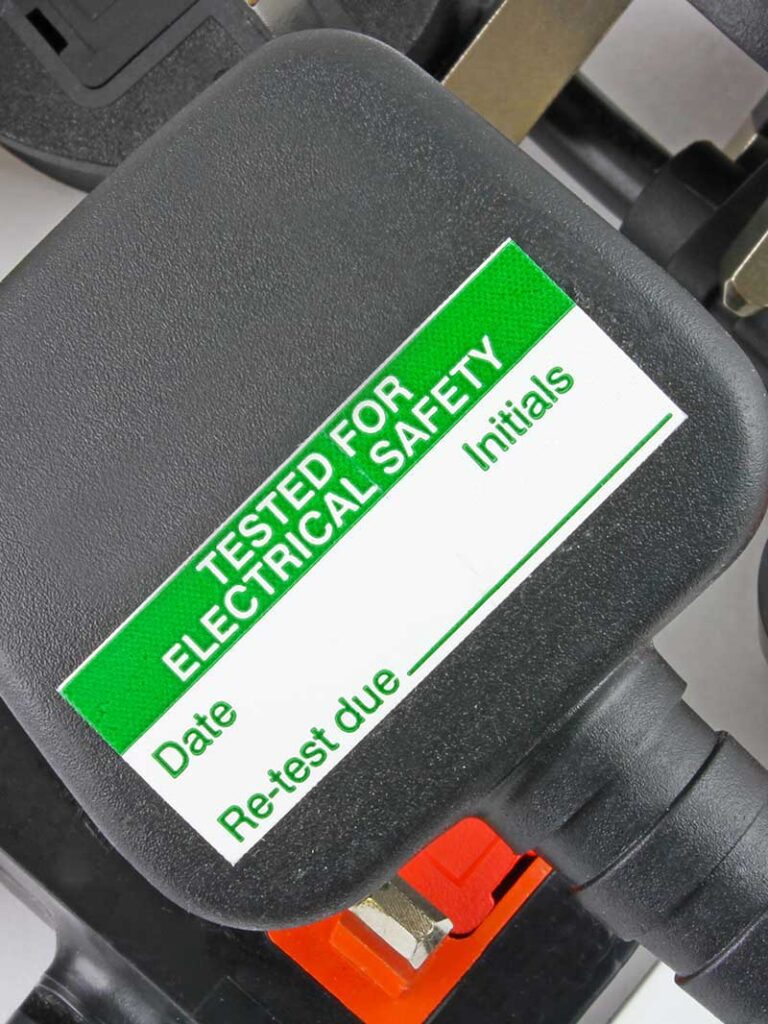EICR Basildon Landlords Electrical Inspections & Certificates
Call – 01268 351560
EICR Basildon: Landlord’s Electrical Inspections and Certificates. Inspections are carried out by NICEIC-registered domestic installers to confirm properties are safe for tenants. Certificates are issued after the inspection.

Part of the Hughes empire I know have Hughes looking after my electrical heating and plumbing.
Problems with any of them get a 24 hr response from company that knows my requirements and can solve any problems that occur quickly and expertly
One stop shop as they say
Would highly recommend.
Quick response and good workmanship
Thanks
Are you a landlord letting a property in Basildon or the surrounding areas? If so, you’ll need EICR landlord electrical inspection certificates.
TM Hughes & Son Electrical Services Ltd undertake Electrical inspections and issues EICR certificates.
Call – 01268 351560
Landlords EICR
Responsible landlords make sure their tenants are safe and that they are renting their property legally. By law, your electrical system and appliances must be safe for use.
EICRs verify your property is safe for tenants
- Electrical Installation Condition Reports (EICR) verify the Electrical system is safe.
- EICRs are a legal requirement at the start of each new tenancy or every five years.
- Tenants, insurers, and letting agents should request an EICR.
- A qualified Electrician must carry out EICRs.
- An EICR is accompanied by a certification that shows the inspection has been undertaken and signed off by a qualified electrician.
- An EICR confirms your property adheres to the British Standard for electrical safety (BS 7671).
- If faults are found, arrangements can be made to rectify them and pass your property.
- In the event of an electrical accident or fire, your insurance should be valid.
- EICRs are also useful to homebuyers and homeowners.
Electrical Installation Condition Report (EICR)
Book an EICR with TM Hughes & Son Electrical Services, and an Electrician will attend your property at the agreed time to carry out the EICR.
The Electrician will visually inspect your electrical system and carry out various tests on the circuits. Visual inspection and testing procedures highlight any faults, damage, or conditions that render your system faulty or dangerous.
What’s Inspected & Tested?
During the EICR, one of our Electricians will inspect and test the
- Consumer unit – The consumer unit distributes power around your home and houses RCD fuses.
- Fuses – RCD, MCB, and RCBO fuses are located inside the consumer unit; they cut power in the event of a fault, preventing electrocution, fire, and overload damage to circuits and appliances.
- Internal wiring – The wiring runs from the consumer unit on a radial or ring circuit, powering sockets and lights
- Light fittings – Switches, lights and fittings are covered during the inspection.
- Sockets – Sockets and switches used for appliances such as cookers and showers are checked.
- Earthing and Bonding – Earthing and Bonding are fitted as a safety feature. Testing ensures it works properly.
What Happens If Part Of The System Fails Inspection?
Faults are categorised into three levels and assigned codes based on their severity.
- C1 – Immediate work is required to correct a dangerous system that is a risk to anyone who uses it
- C2 – A fault with danger potential that should be corrected ASAP
- C3 – A fault that is not dangerous and won’t fail the inspection, but it’s recommended repairs are carried out anyway for maximal safety and peace of mind
We’ll be happy to provide you with a free, no-obligation quote for any defects found in the electrical system. Once the faults have been rectified, your property will be signed off and the EICR certification will be issued.
Minor faults can be rectified on the spot (if the necessary parts are available); otherwise, parts will be ordered, and the electrical engineer will return at an agreed-upon time.
How Long Does An EICR Take?
The length of time an EICR takes depends on the size of the property being inspected. A studio apartment will take less time to inspect than a five-bedroom house. Larger properties can take up to 4 hours.
What Are The Consequences Of Not Undertaking EICR?
Local authorities have the power to serve remedial notices insisting that action is taken within 28 days. If the landlord fails to take action, the local authority can arrange an inspection and bill the landlord. Authorities can also issue fines of up to £30000.
Is an EICR Necessary for Non-Landlords, Such as Housebuyers or Homeowners?
If you buy a house, an EICR will assess the condition of the electrical system so you won’t get an unpleasant surprise after purchase, and you can plan for the necessary work.
If you’re selling your home, you can show any prospective buyers the valid EICR, which will make your property more attractive to them.
As a homeowner, an EICR test every 5-10 years will confirm whether your electrical system is safe or requires any work to ensure its safety.

Hi, I’m Terry, the founder and owner of TM Hughes & Son Electrical Services
Please get in touch to book an appointment or receive a free, no-obligation quote
Call: 01268 351560



